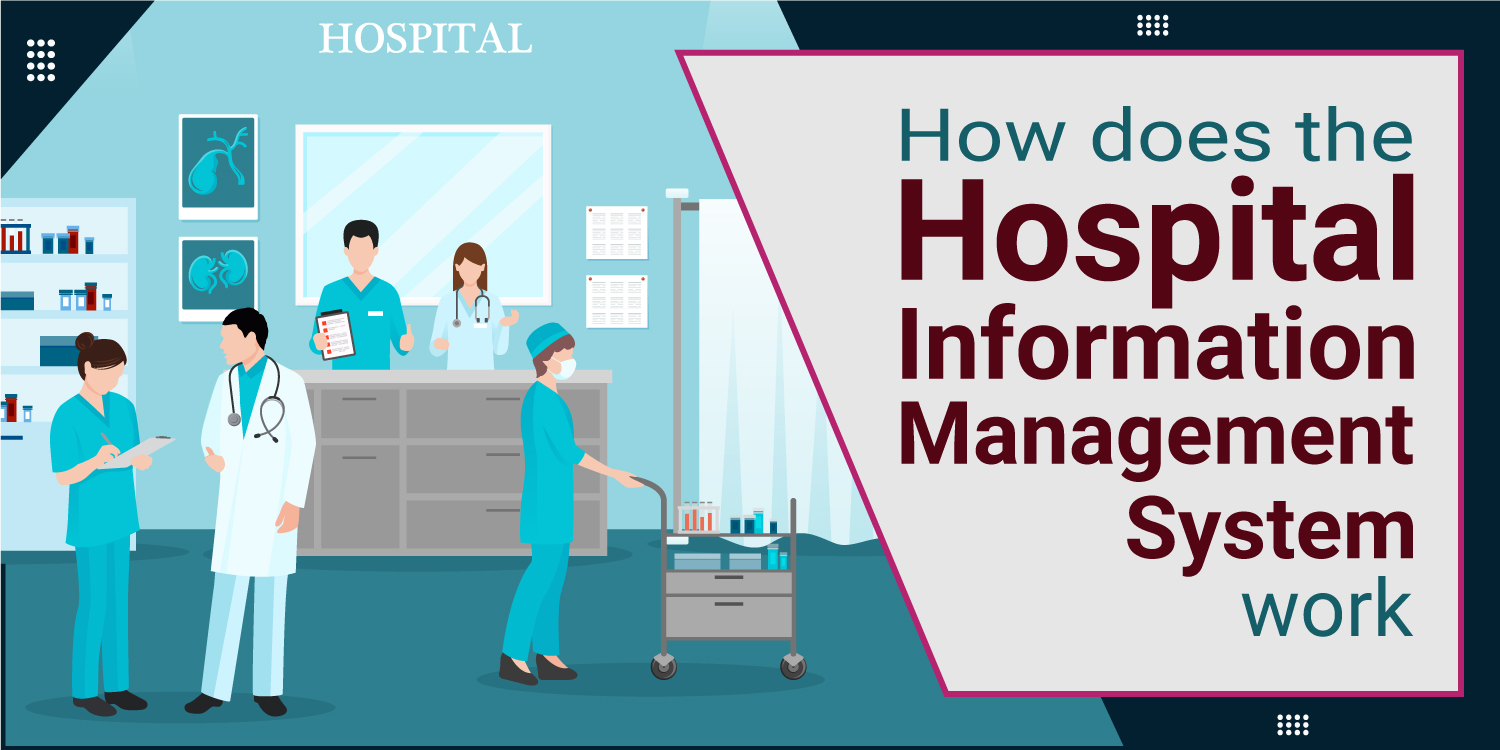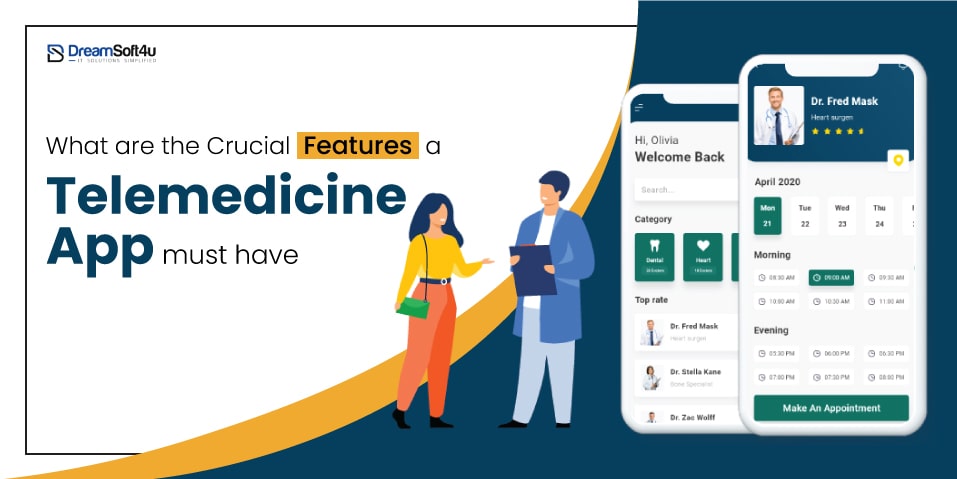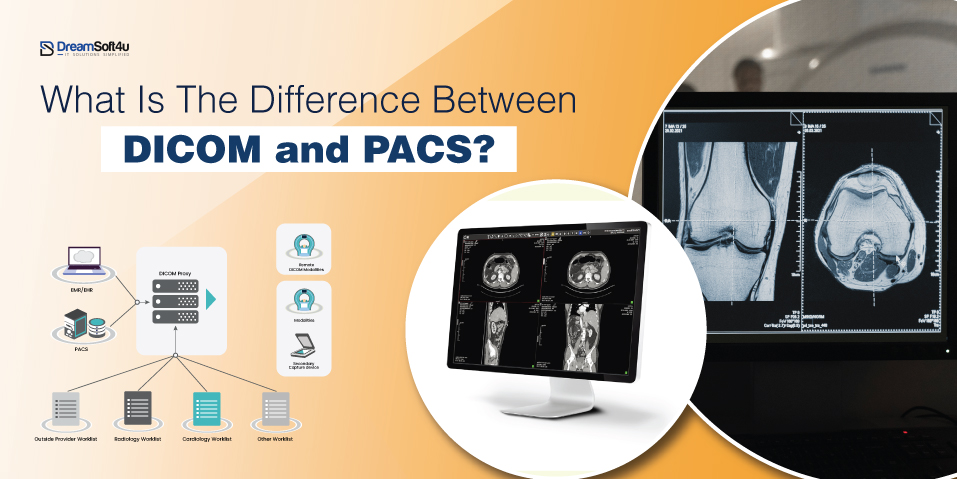Machine learning is a powerful tool that is changing the process of healthcare work. The capabilities of machine learning are changing the healthcare industry. It enables computers to learn from data and make predictions without requiring them to be programmed for every activity. For example, machine learning can spot cancer early by analyzing medical photos. It enables doctors to diagnose conditions better and quickly. Besides, it also utilizes the data from previous treatments to propose the best care for patients and develop personalized treatment plans.
Machine learning is a powerful technology, but it does have some limits. It works well if it has a lot of data, but if the data it uses needs to be completed or biased, the result will be wrong. Further, machine learning systems are complex and difficult to explain and understand. Despite these headaches, machine learning development company makes healthcare less costly and more accurate for doctors while using it to give people better care.
Table of Contents
ToggleWhat is Machine Learning?
Machine learning is a branch of artificial intelligence (AI) that enables computers to learn from data without being programmed explicitly. It uses algorithms to identify patterns, such as recognizing diseases in medical images, such as cancer or heart issues.
Machine Learning for healthcare is essential for predicting patient outcomes and diagnosing diseases early. By analyzing data patterns, it helps doctors recommend the best treatments. As more data is gathered, these systems become smarter and more accurate, ultimately leading to improved patient care and more effective treatments.
Why is Machine Learning Important?
AI is significant on the grounds that it provides undertakings with a perspective on patterns in client conduct and business functional examples, as well as supports the improvement of new items. A considerable lot of the present driving organizations, for example, Facebook, Google, and Uber make AI a focal piece of their tasks. AI has turned into a critical serious differentiator for some organizations.
Is There Any Limitation of ML?
ML has unique limitations, but nothing can stop it. Healthcare Machine learning requires a lot of data first. Without enough data, it might not even make the best predictions.
Second, it matters what kind of data you have. The machine learning model will deliver poor results if the data is incomplete or skewed. This could mean wrong diagnosis in healthcare or ineffective treatment.
Finally, ML models are complex and only sometimes easy to understand. For healthcare professionals, this “black box” nature of machine learning can be a challenge. It means doctors may struggle to trust or explain a decision made by a machine learning system.
Benefits of Machine Learning in Healthcare
Despite its limitations, machine learning offers several significant benefits in healthcare:
1. Early Detection of Diseases
Machine learning analyzes Medical Images and lab results to detect diseases early. This helps doctors catch conditions like cancer, diabetes, or heart disease sooner than traditional methods. Treatment and outcomes are better when detected early.
2. Personalized Treatment Plans
Large datasets containing past treatments of patients are analyzed using ML, and recommendations for personalized treatment plans for them are made. In fact, it can help identify the most appropriate treatment for a cancer patient from other cases that have succeeded.
3. Improved Diagnosis
Machine learning development services help doctors diagnose complex diseases. By scanning medical records, images, and more, a probable diagnosis is given, assisting doctors with more informed decision-making.
4. Predicting Patient Outcomes
AI and ML can predict, with enough data, how a patient might respond to treatment. This will also help doctors choose the best treatment for each individual, reduce risks, and diminish the amount of time a patient needs for recovery.
5. Streamlined Administrative Tasks
Machine learning automates many time-consuming tasks in healthcare. For example, it can manage patient scheduling, billing, and even drug inventory management. This allows healthcare workers to concentrate less on administrative tasks and more time to focus on patient care.
Assignments That Machine Learning in Healthcare Can Handle
Machine learning techniques can be applied to solve a wide variety of tasks. When it comes to applications of machine learning in healthcare, these tasks include:
Classification
AI calculations can assist with deciding and marking the sort of infection or clinical case you’re managing;
Recommendations
AI calculations can offer vital clinical data without the need to look for it effectively;
Clustering
AI can assist with gathering comparable clinical cases to examine the examples and direct examination later on;
Prediction
Utilizing current information and normal patterns, AI can make a forecast on how the future situation will develop;
Automation
AI can deal with standard dreary errands that require some investment and exertion from specialists and patients, similar to information passage, arrangement booking, stock administration, and so forth.
Ranking
AI can put the pertinent data first, making the quest for it simpler.
Who’s Using Machine Learning and What’s it Used For?
Today, AI is utilized in a wide scope of uses. Maybe one of the most notable instances of AI in real life is the suggestion motor that controls Facebook’s news channel.
Facebook utilizes AI to customize how every part’s channel is conveyed. In the event that a part much of the time stops to peruse a specific gathering’s posts, the proposal motor will begin to show a greater amount of that gathering’s action prior to the feed.
Customer Relationship Management
CRM programming can utilize AI models to break down email and brief outreach group individuals to answer the main messages first. Further developed frameworks could suggest possibly compelling reactions.
Business Intelligence
BI and examination merchants use AI in their products to recognize possibly significant data of interest, examples of data of interest, and irregularities.
Human Resource Information Systems
HRIS frameworks can utilize AI models to channel through applications and recognize the best possibility for a vacant position
Virtual Assistants
Savvy associates ordinarily consolidate regulated and unaided AI models to decipher regular discourse and supply settings.
Top 5 Examples of Machine Learning in Healthcare
1. Robotic Surgery
Robotic surgery has recently been gaining tremendous popularity. In the use of robotics for surgical procedures in the healthcare industry, machine learning innovations assist. There will be several advantages of replacing human surgeons with robots, such as procedures in smaller environments, with finer precision, and dramatically reducing the likelihood of human-based challenges, such as shaking hands. In robotic surgery, machine learning focuses mainly on machine vision and is used to measure distances to a far greater degree of precision or to classify particular sections or organs within the body.
2. Medical Imaging
It gives visual representations of organs and tissues at the level of the cell, which greatly contributes to the detection of prognosis and disease. To balance the possible harms and advantages, we need to justify and improve the quality of medical imaging each time.
3. Improving Patient Care
Using AI to process the medical history and laboratory history of a patient will help to predict the risks of illnesses, including diabetes, cardiovascular disease, etc. It can also help healthcare professionals understand patient behaviours and see where future patient needs can occur by using AI to process this information. AI technology can handle more information faster than any human being, making it a perfect complement to the medical profession of any clinician and a very powerful way to collect actionable data.
For instance, a use that may alter the lives of patients is to forecast the chance of and detect diseases with AI. Using advanced algorithms with patient data sets and sources can help to scan for diseases with a very high degree of accuracy for doctors and other medical professionals. The aim is not to substitute medical practitioners but to use AI as clinical decision support for those practitioners and “another pair of eyes” to reduce the risk of mistakes.
4. Preventing and Quickly Treating Infections
Organizations such as Health Catalyst work to decrease Hospital Acquired Infections (HAIs) by using AI. We will lower the mortality and morbidity rates associated with them if we detect these harmful infections early. Although some organizations are focusing on tracking patients most at risk for HAIs, such as Health Catalyst and Massachusetts General Hospital, others are working to build algorithms around provider habits such as hand washing routines.
5. Better Radiotherapy
In the field of radiology, the benefits of machine learning in healthcare are one of the most sought-after. There are several discrete variables in medical image processing that can also occur at some unique moment in time. There are several cancer focal points, tumours, etc. that cannot be developed using complicated equations. Since the algorithms of machine learning often learn from the multitude of different samples available on the side, as often it is much easier to make some of the diagnoses and identify the actual variables.
Challenges of Machine Learning in the Healthcare Industry
Data is both a barrier to entry and a stake in the table. Some Healthcare Software Development Companies get stuck trying to find the correct data set for the problem they are trying to solve and get so picky that the project is efficiently derailed. Others go in another direction and do not do enough due diligence on their results, making it questionable to achieve any outcomes.
1. Adoption
The other challenge is adoption, clinicians are less conservative than they were when I first started, and we have learned a lot about how to optimize adoption, but algorithms and outcomes are a bit black boxes in some instances and clinicians need to understand how results are produced and that behind them there is evidence, ‘Trust Me’ does not work with your spouse or doctor.
2. Clinical Trials for Drug Development
Conducting successful clinical trials is one of the greatest challenges in drug growth. As it stands now, according to a study published in Trends in Pharmacological Sciences, it can take up to 15 years to bring a new, and potentially life-saving, drug to the market. It can cost between 1.5 and 2 billion dollars, too. In clinical trials, about half of the time is expended, many of which fail. However, researchers can classify the right patients to engage in trials using AI technology. They can also more effectively and reliably track their medical responses, saving time and money along the way.
3. Personalized Medical Treatment
It is one of the most important challenges in the industry because every patient wants a better cure, more attention paid, as well as more productive prescribed medicines. A self-trained AI will become better and better at managing the service, particularly given all its experience.
Do you want to integrate advance ML Technologies in your existing Software?
DreamSoft4u- A Leading Software development company.
Conclusion
Machine learning is transforming the health industry because it allows doctors to detect diseases early, enhance the diagnosis process, as well as come up with specific treatment plans for patients. Despite that, the pros are much greater than the cons so we will focus on using this algorithm to work on complex data technology. Doctors use AI to make more accurate decisions constantly improving the healthcare services provided to the patients. It will remain a key factor in healthcare because with time the technology will advance even more and make it easier to help patients in the way that is most efficient and effective.
FAQs
Q1. What is machine learning in healthcare?
Machine learning in healthcare refers to the use of algorithms and statistical models to analyze medical data. This enables computers to learn from patterns and make predictions without explicit programming.
Q2. How does machine learning improve patient care?
Machine learning enhances patient care by providing early disease detection, personalized treatment plans, and more accurate diagnoses. It helps doctors make informed decisions for better patient outcomes.
Q3. What are the limitations of machine learning in healthcare?
Limitations include the need for large amounts of high-quality data, potential biases in data, and the complexity of machine learning models, which can make them difficult to interpret and trust.
Q4. Can machine learning replace doctors in healthcare?
No, machine learning is designed to assist healthcare professionals, not replace them. It provides valuable insights and support to help doctors make better decisions for their patients.
Q5. What are some examples of machine learning applications in healthcare?
Examples include analyzing medical images for disease detection, predicting patient outcomes based on historical data, and optimizing treatment plans tailored to individual patients.



















